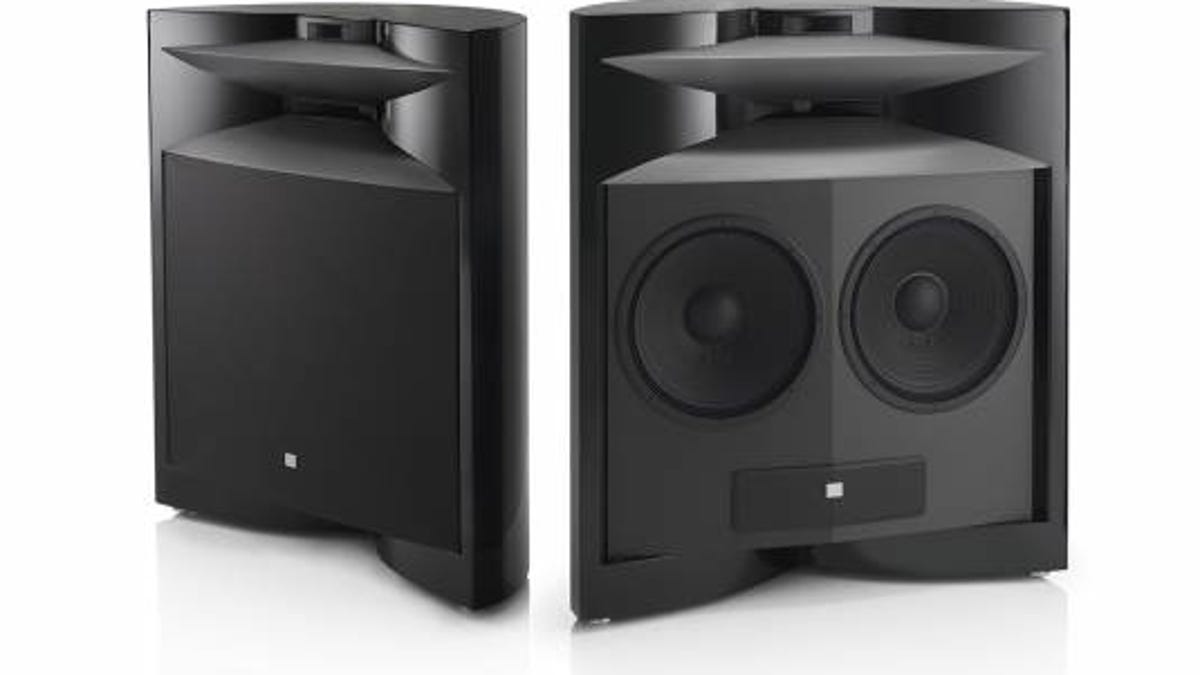JBL, AKG and Infinity brands to live on under Samsung
Samsung's $8 billion purchase of Harman includes a wide portfolio of well-known audio brands -- all of which will apparently live on after the deal closes.

Don't expect Samsung to rock the boat at Harman.
When the Korean giant announced its planned $8 billion acquisition of Harman earlier this week, it was said to be all about the audio conglomerate's automotive technology. "Approximately 65 percent of Harman's $7.0 billion of reported sales during the 12 months ended September 30, 2016 are automotive-related," crowed the press release announcing the deal.
But owning Harman will give Samsung a wide range of brands that are also widely identified as leaders in home and portable audio, too. Barring an unlikely snag in the planned deal, Samsung will soon own such stalwart audio brands as JBL, Infinity, AKG, Mark Levinson, Revel and -- of course -- Harman Kardon, to name just a few. It will also get Harman's professional audio brands, too -- everything from guitar pedals (DigiTech) to microphones (AKG) to mixing desks (Soundcraft) to sound reinforcement (JBL Professional).
Harman brand JBL is best known these days for its headphones and Bluetooth speakers.
All those familiar badges, it appears, will live on in the post-Samsung era. "We plan to retain all of Harman's consumer and professional audio brands," said Samsung spokesperson Bomi Lim. And the continuity doesn't stop there. According to a person familiar with the company's plans, the Korean giant plans to retain Harman's workforce and facilities, too.
Once closed, the deal will give Samsung a turnkey high-end portfolio of high-end audio brands. As such, it represents something of a change in strategy for the company, which had previously been slowly amassing audio expertise in an attempt to make the Samsung brand synonymous with high-end audio. That was the same sort of of slow-and-steady approach that brought the company to dominance in televisions and smartphones -- a combination of engineering and design acumen paired with big advertising expenditures.
"Eventually, when you think of Bowers and Wilkins, you think of Samsung. That's our goal," Allan Devantier, vice president of Samsung's Audio R&D, told CNET in April. Under his guidance, Samsung's burgeoning high-end audio division, headquartered in the company's recently upgraded audio lab in Los Angeles, debuted products such as the Radiant360 speaker and an Atmos sound bar.
But now Devantier -- who worked at Harman for 20 years before joining Samsung -- and his team will be able to draw from reservoir of expertise at his old alma mater, too. Whether that manifests itself in some cross-pollination -- anything from "Powered by JBL" on Samsung speakers to "A Samsung Company" on Harman Kardon receivers -- remains to be seen.
Either way, it could be a win-win for Samsung. While comparisons to Bowers and Wilkins are still premature, this deal -- in tandem with the Samsung audio labs' own efforts -- could finally make the company a major competitor on the audio front.
But that success may well come from products that don't carry the "Samsung" name.
Update November 18 3:51 p.m. ET An earlier version of this story erroneously stated that Martin Logan was a Harman brand and this has been corrected.

